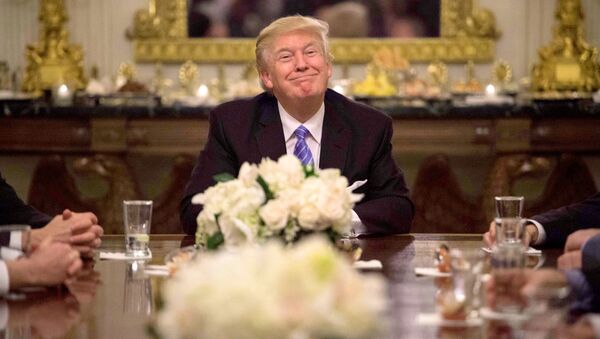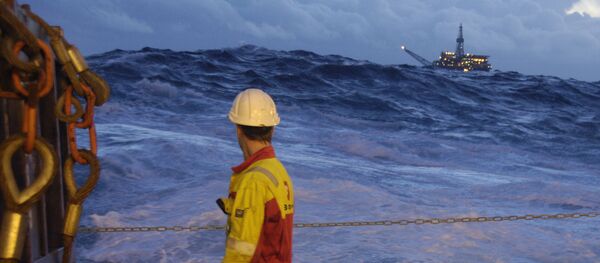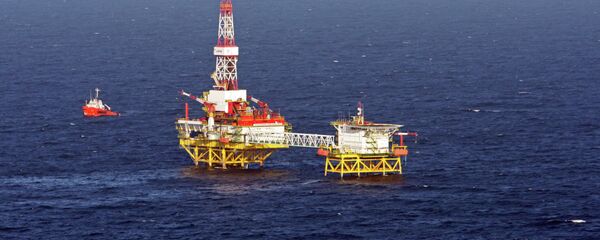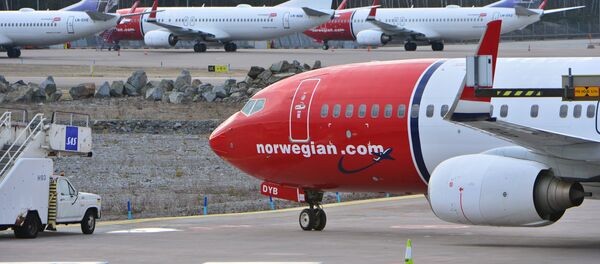"Specific prohibitions related to oil fields north of the Arctic Circle had an adverse effect on the Norwegian energy suppliers," the report stated, suggesting that a number of companies and communities were particularly affected by the sanctions.
Remarkably, the negative effect was not limited to profit losses. Accordingly, Norwegian companies were found to experience stronger competition from other actors due to a shift in the industry, which gave advantages to countries not affected by the sanctions war, such as China.
Although Norsk Industri CEO Kunt E. Sunde admitted the detrimental effect of the sanctions in an interview with Norwegain newspaper Klassekampen, he nevertheless acknowledged that his federation did not intend to advise the Norwegian government on this matter to avoid meddling in foreign policy issues. At the same time, he acknowledged the fact that it would be largely beneficial for the Norwegian economy if US President Donald Trump were to lift the sanctions as intended.
"If he [Trump] eases the sanctions burden as promised, the EU will probably follow suit and then the natural consequence is that Norway will do likewise. For Norwegian industry, it would undoubtedly be positive," Kunt E. Sunde told Klassekampen, citing a number of joint projects that were put on ice.
"Nowadays, there is very low activity in the oil industry in general. And without access to the Russian market, the situation has been made even more difficult," Lars Peder Solstad told Klassekampen, admitting that anything that gave his company more activity would be positive.
In 2016, Norway exported a 2.2 billion NOK ($270mln) worth of goods and services to Russia, as opposed to 8.6 billion (over $1bln) in 2013.
However, it also transpired from the report that sanctions regulations were interpreted differently by different countries and that it was entirely possible to circumvent some of the prohibitions by establishing subsidiaries in other parts of the world, such as in Asia.
Never miss a story again — sign up to our Telegram channel and we'll keep you up to speed!








